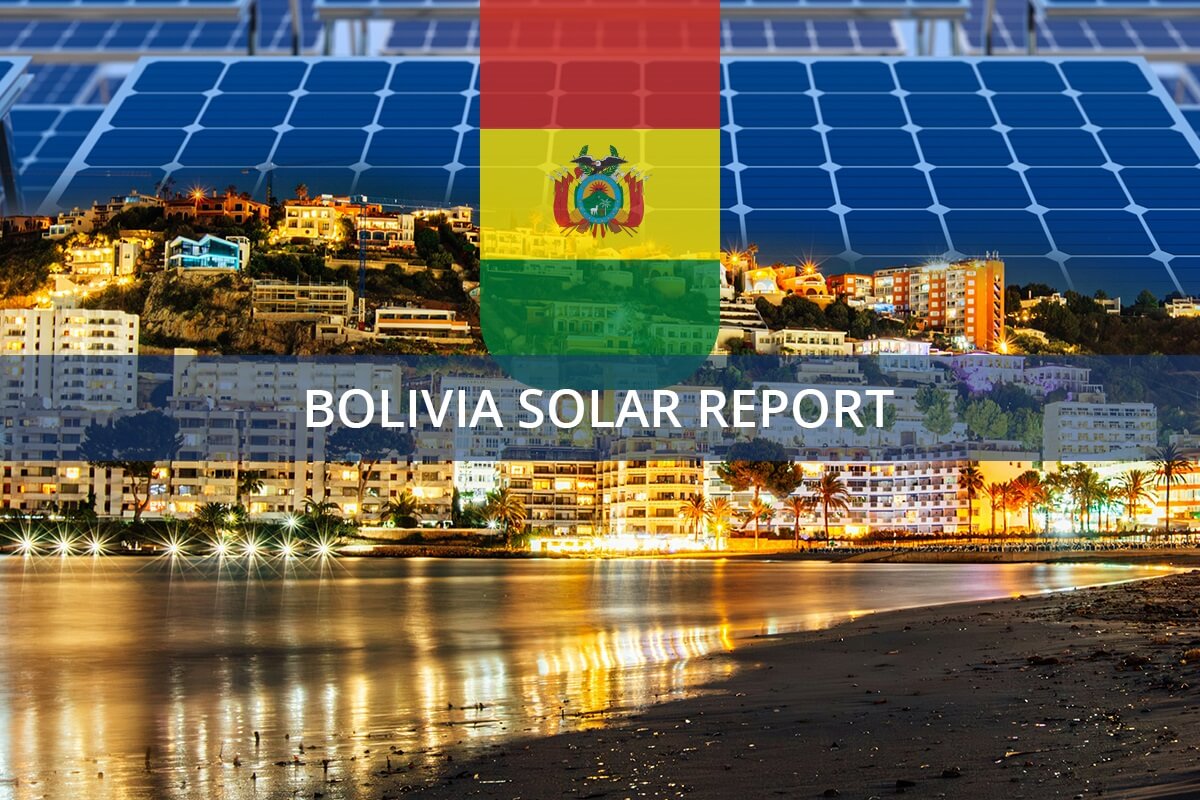Bolivia solar electrification: Groundbreaking investment in rural energy access
Bolivia is making significant strides in its rural electrification efforts through a substantial investment in renewable energy. The Bolivian government has announced a $325 million project dedicated to installing solar panels in rural areas. This ambitious initiative aims to provide electricity to 20,000 families across 110 communities in 35 municipalities, marking a major milestone in Bolivia’s ongoing efforts to expand access to electricity and promote sustainable energy solutions.
Advancing sustainable development through Bolivia solar electrification
This project is a joint endeavor between the Bolivian government and the Inter-American Development Bank (IDB). As one of the largest investments in renewable energy in Bolivia’s history, it underscores the country’s commitment to sustainable development and addressing energy poverty. The focus is on installing solar panels in rural and remote areas, traditionally burdened with challenges in accessing electricity. By harnessing solar energy, these communities will have access to a reliable and clean power source, enhancing their quality of life and supporting local economic development.
Bolivia solar electrification: Technological innovation and community engagement
The project will leverage advanced solar technologies, including photovoltaic panels and battery storage systems, ensuring a stable and efficient energy supply tailored to each community’s specific needs. This energy will power homes, schools, and health centers, significantly improving infrastructure and services.
Local participation is a critical component of this initiative. The government and IDB will collaborate closely with communities to ensure the project aligns with local needs and priorities. This collaborative approach will foster local capacity building and strengthen community ownership of the new energy systems.
Economic and social transformation through Bolivia solar electrification
The electrification project is poised to deliver substantial economic and social benefits to rural communities. Access to electricity will enable the use of modern appliances, improve educational outcomes, and enhance healthcare services. It will also bolster local businesses and agricultural activities, driving economic growth and creating jobs.
This project also aligns with Bolivia’s broader efforts to reduce greenhouse gas emissions and promote environmental sustainability. By increasing the share of renewable energy in its national energy mix, Bolivia is taking significant steps toward a more sustainable and resilient energy system.
Overcoming challenges and unlocking opportunities in Bolivia solar electrification
While this project represents a significant advancement, it comes with challenges. Ensuring the long-term maintenance and sustainability of the solar systems is crucial for their success. The government and IDB are developing robust maintenance frameworks and providing training to local technicians to address this.
The project also opens doors for further innovation and development. By expanding access to renewable energy, Bolivia is positioning itself as a leader in sustainable development in the region. The success of this initiative could serve as a model for other countries aiming to expand rural electrification and promote renewable energy.
Future prospects for Bolivia solar electrification and renewable energy growth
The $325 million electrification project is a key milestone in Bolivia’s renewable energy journey. By bringing clean and reliable electricity to rural communities, the initiative is helping to bridge the energy gap and support sustainable development. As Bolivia continues to invest in renewable energy, it is paving the way for a more inclusive and sustainable future.
This project is also a critical step toward achieving Bolivia’s national and international energy goals. By increasing the share of renewable energy in its energy mix, Bolivia is contributing to global efforts to combat climate change and reduce dependence on fossil fuels.
Conclusion: Lasting impact of Bolivia solar electrification on sustainability and equity
Bolivia’s investment in rural electrification through solar energy is a significant achievement with lasting impacts on the country’s energy landscape. As the project progresses, it will continue to enhance the lives of thousands of families, support economic development, and contribute to Bolivia’s environmental sustainability goals. This initiative is a testament to Bolivia’s commitment to renewable energy and its vision for a more sustainable and equitable future.

